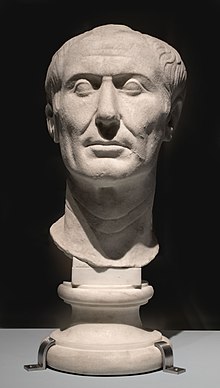"A point," observed Euclid, "is that which has no part." And a "line," he further noted, "is a breathless length."
Can we prove what Euclid called these "definitions"? No. We must accept it as, well, the way things are. We just "know" that it's true. We just "know" that a point could not be any other way than how he defines it.
For some of us, such talk is maddening. We cannot abide accepting things without proof. Yet all of us, every single one of us, daily accepts all manner of things without any proof. We could not live otherwise.
 Yesterday, for the chemists among us, was Pi day. As you may know, Pi, named after a letter of the Greek alphabet, is, the number 3.14. The remarkable thing about Pi, however, is that 3.14 is only the beginning of what Pi is. We could go out to 20,000 decimal places, and beyond, and still not find an end. Pi's decimals go on and on and on, seemingly forever.
Yesterday, for the chemists among us, was Pi day. As you may know, Pi, named after a letter of the Greek alphabet, is, the number 3.14. The remarkable thing about Pi, however, is that 3.14 is only the beginning of what Pi is. We could go out to 20,000 decimal places, and beyond, and still not find an end. Pi's decimals go on and on and on, seemingly forever.
For this reason, Pi is used in many formulas which determine the areas of various shapes, including the circle. But we still do not know, really, why Pi is what it is. It is just is. And yet in a way very similar to how we use Euclid's definitions, we use Pi without any proof of why Pi is the way it is.
The beauty of Pi, among many other things, is therefore how it reminds us that there are things that we can prove, things that we cannot prove, and things that elude definitiveness either way. Yet somehow, some way, we believe them to be true.
You may believe in God, you may not. Either way, however, unless you stretch beyond the notion of rational proof and into the realm of "nonrational" understanding, you'll never know for sure.
It's the greatest mystery of all.
 Sitting in our affluence, we wonder why these things happen, why the worse natural malfunctions come upon those least prepared to deal with them.
Sitting in our affluence, we wonder why these things happen, why the worse natural malfunctions come upon those least prepared to deal with them.


